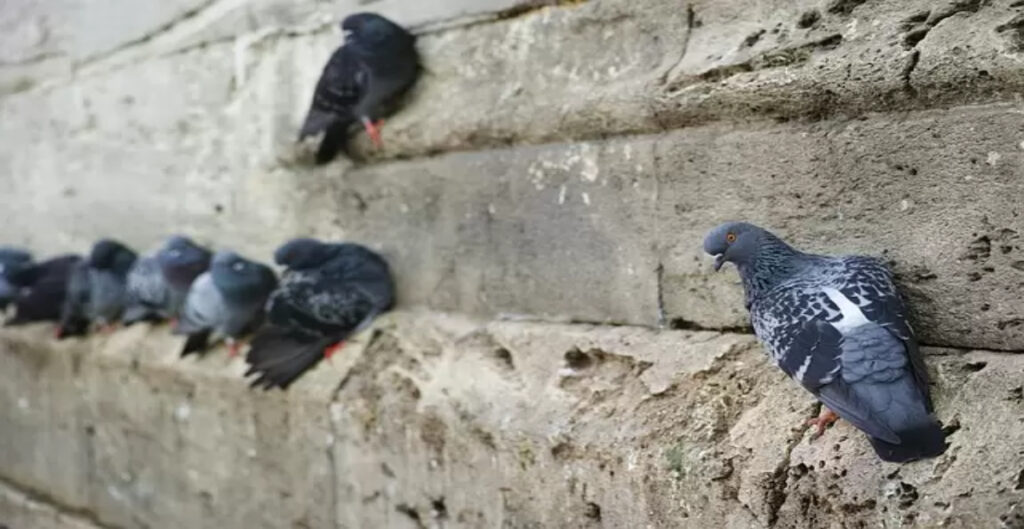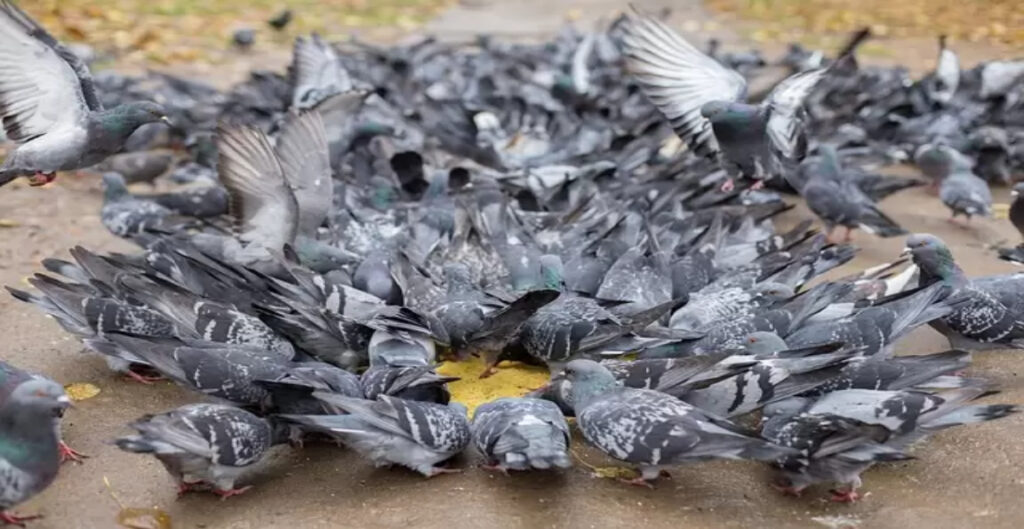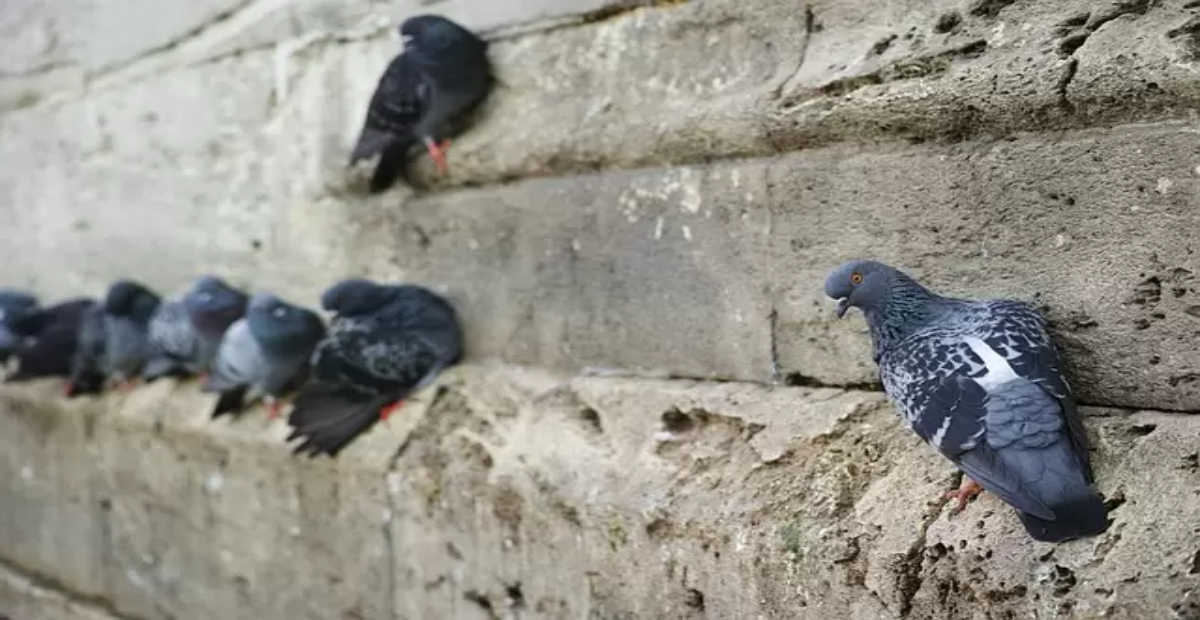
Greece was facing an unpredictable and alarming public health emergency in early 2024:
a widespread outbreak of the disease that became known as “pigeon disease.” This strange disease has swept the nation, infecting thousands of people and overwhelming medical facilities struggling to cope. It comes from a unique form of bacteria found in pigeon droppings. The Greek government and medical professionals
The industry is in a race against time to contain the outbreak and reduce its devastating effects as the crisis worsens.
The origin of the epidemic

In late January 2024, reports of pigeon disease first appeared in Athens. Health officials were alarmed to discover a sharp increase in cases of food poisoning, which they had previously written off as isolated incidents. A well-known public park in the center of the city, where several pigeons roosted, was identified by the investigations as the cause of the disease.
Symptoms and transmission
Numerous unpleasant symptoms, such as severe abdominal cramps, diarrhea, nausea and, in some cases, high fever and dehydration, are indicative of pigeon disease. The condition is usually not fatal, but it can be debilitating and should be treated very far ahead.
The main way the bacteria is spread is by eating or drinking contaminated food or water that has come into contact with pigeon droppings. Because pigeons are so common in Greek cities, there is a high risk of contamination. cases have been recorded across the country.
Burden on health care facilities
Greek clinics and hospitals saw an increase in people seeking care as the outbreak became more widespread. Medical resources were strained to the limit as a result of the influx of patients presenting with the characteristic symptoms in the emergency room.
The leading infectious disease expert at a major hospital in Athens, Dr. Sofia Papandreou, remarked: “We have never seen anything like this before.” “The sheer number of cases is staggering and we are struggling to keep up with the demand for treatment.”
Efforts to contain the epidemic
The Greek government responded to the situation by implementing a series of policies aimed at stopping the spread of pigeon disease. Public awareness campaigns have been launched to inform people about the value of good hygiene and avoiding pigeon poo.
In addition, special teams have been sent to major cities to carry out focused cleaning and disinfection work in areas known to harbor significant pigeon populations. These crews worked tirelessly to clean and remove contaminated surfaces, reducing the chance of further transmission. They are equipped with protective equipment and specialized equipment for this purpose.
International Aid and Research
The Greek government has requested help from international health groups and research institutions in light of the seriousness of the situation. The European Center for Disease Prevention and Control (ECDC) and the World Health Organization (WHO) have sent teams of experts to Greece to assist in containment efforts by providing
resources and expertise.
All over the world, scientists are working nonstop to gain more information about the unusual bacterial strain that causes pigeon disease. By examining its genetic makeup and behavior, researchers hope to create more powerful drugs and possibly even a vaccine to stop such outbreaks in the future.
Economic and Social Impacts
Beyond the current health crisis, the pigeon disease outbreak has had far-reaching effects.
Greece’s core tourism sector has been hit hard as a result of travelers being shut out by the alarming news of the outbreak. The country’s economic woes have been compounded by sharp declines in revenue reported by hotels, restaurants and other companies.
In addition, fear and false information about the disease have caused stigma and prejudice to those who suffer, straining the social fabric of Greek communities. Greece’s thriving cultural life has been disrupted by the cancellation or curtailment of public gatherings and events.
Lessons learned and preparedness for the future
Experts are already considering the lessons learned from this extraordinary disaster as the fight against pigeon disease continues. The importance of robust disease surveillance systems, rapid response systems and effective public outreach initiatives has been highlighted.
The outbreak has also drawn attention to the need for thorough urban wildlife management strategies that take into account the delicate balance that exists between natural environments
and human habitations. Proactive management of urban wildlife populations, such as pigeon populations, can help prevent or reduce the risk of future zoonotic disease outbreaks.
Zoonotic diseases are diseases transmitted from animals to humans.
conclusion
The outbreak of pigeon disease in E
